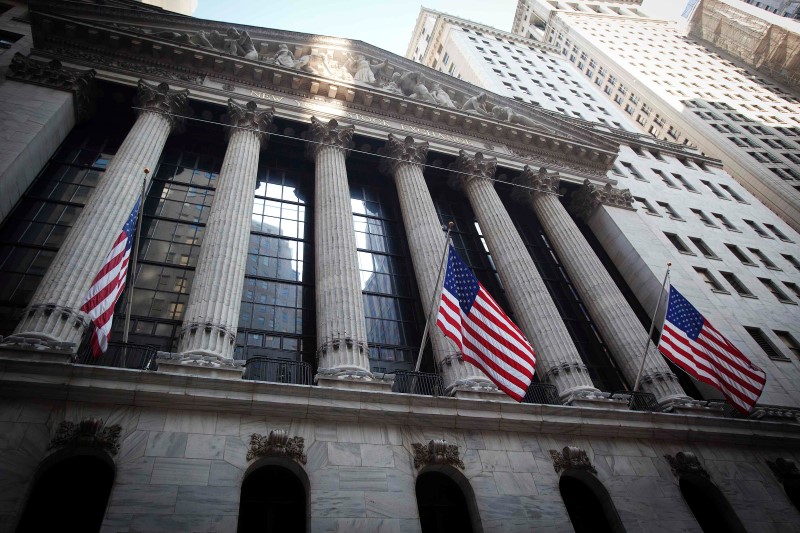
According to the firm’s analysis, two key themes will shape advanced economies: the normalization of inflation and the loosening of monetary policy, “both of which should offer some support to GDP growth,” said the firm.
Additionally, China’s recovery is expected to pick up as fiscal stimulus takes effect, although ongoing trade tensions with the U.S. and its allies may limit its growth potential.
However, several risks remain on the horizon, according to Capital Economics. The firm highlights the “stickiness of inflation, especially in Europe,” which could hinder real income growth and reduce the scope for policy easing.
Moreover, political transitions in various countries are said to pose uncertainties, with potential risks around debt-funded stimulus and financial market reactions.
The firm believes the rise of isolationist trade policies and stronger pushback against immigration are also flagged as concerns, potentially leading to stagflationary effects in advanced markets.
While some fear that recession is on the horizon for 2025, Capital Economics remains cautiously optimistic.
They note warning signs such as a downturn in manufacturing surveys, rising unemployment, and increasing loan delinquencies, but emphasize that these indicators alone don’t guarantee a recession.
“Trends in credit, employment, retail sales, and construction still paint a broadly positive picture,” said Capital Economics.
Overall, they predict that a “soft landing is the most likely outcome” for 2025, though they are closely monitoring the evolving risks.
To read the full article, Click Here

